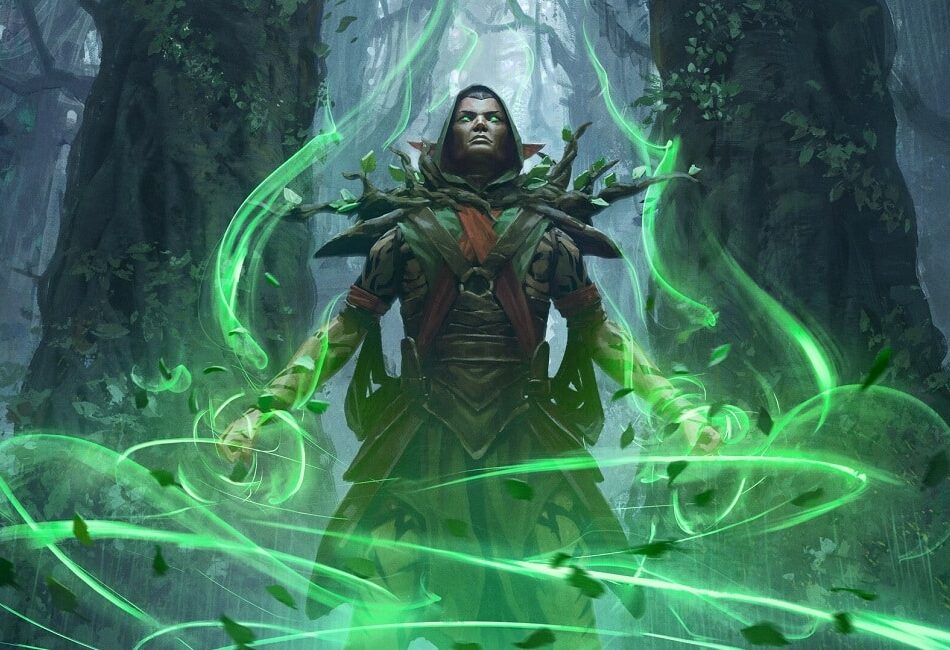DnD homebrew class ideas can help you choose the perfect class that is off the beaten path. Since there are only twelve official classes in Dungeons and Dragons 5e, it’s easy to overplay them.
I’ve played most of them myself, so now I strictly play homebrews if the DM allows it. Homebrews aren’t a way to get a stronger character but a way to switch things up and get creative.
My Top Five Homebrew Classes – Bottom Line Up Front
| Class | Link | Creator | DM Score | Price |
| Apocalypto | D&D Wiki | Unknown | 90% | Free |
| Dancer | DMS Guild | Taron Pounds, Nate Butler | 100% | $7.99 |
| Blood Hunter | DnD Beyond | Matt Mercer | 100% | Free |
| Anime Swordsman | DnD Beyond | Turk | 70% | Free |
| Shaman | DMG Binder | laserllama | 80% | Free |
Homebrew classes are classes in Dungeons and Dragons that aren’t official. If you want to use them, you must address it with your DM. If they green flag the class you choose, you are good to go.
While you can make your own homebrew class, there are hundreds of homebrew classes out there. These are my top five homebrew classes for those who need a quick class to build around.
What is a DnD Homebrew Class?
A homebrew in Dungeons and Dragons is anything that isn’t in the official handbooks by Wizards of the Coast. This can be a class you find online, in unofficial books, or one that you create.
Homebrews are generally accepted by DMs as long as the class is balanced. They offer players something different by allowing more creativity and deeper role play than standard classes.
Random Homebrews with Multiple Guides
These ideas have been around for a long time. There are multiple guides for each of these classes. I’ve chosen my favorite two or three options to give you a quick reference to what the class can be.
Runekeeper
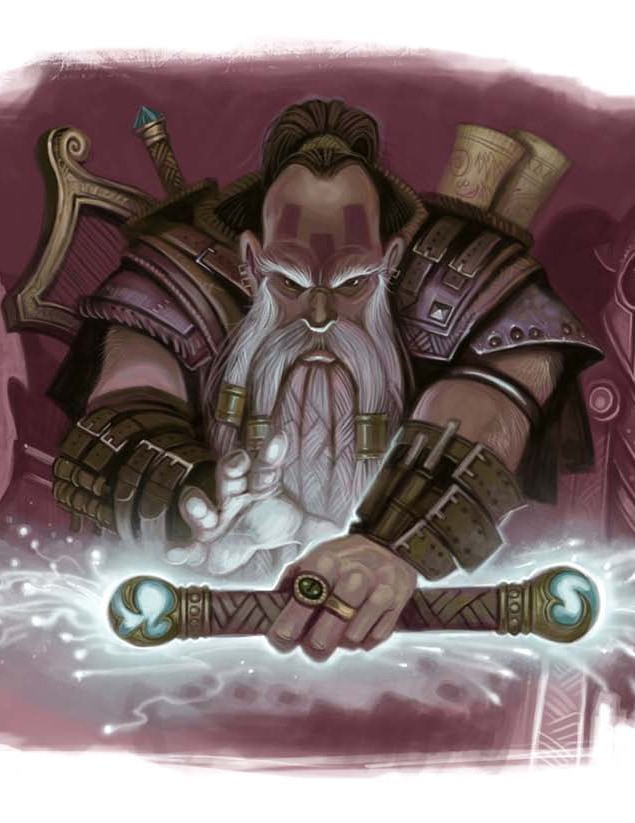
The Runekeeper is a concept class that was introduced to the Dungeon Master’s Guild in early 2022. The class has been around as general homebrew for a while. While I can’t give anything away as far as the paid version goes, I can let you know the concept.
The Runekeeper in DnD is just like a rune keeper in any other fantasy world. He is a master of runes and invocations. The intelligence-based Runekeeper seeks knowledge and has a deeply-rooted spirituality.
Shaman
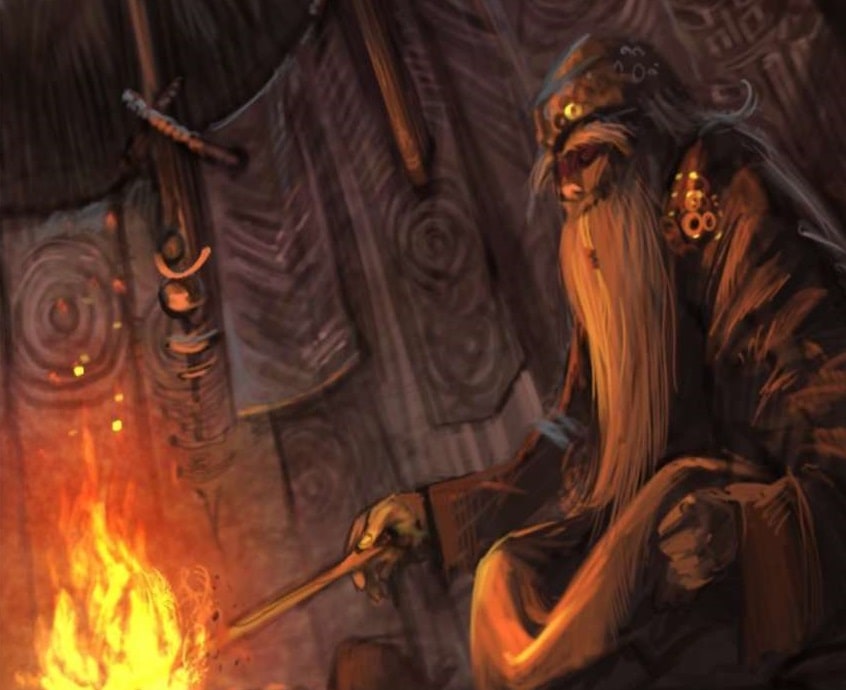
All of these Shamans are similar, but they are also all different. Shaman classes in other games have been around for decades, the religious healer with a strong connection to nature.
I love the spiritual connection of the Wiki version, but the layout of the GM binder version is hard to resist. Finally, the DMG version will be the most well-rounded and accepted by your DM.
Oracle
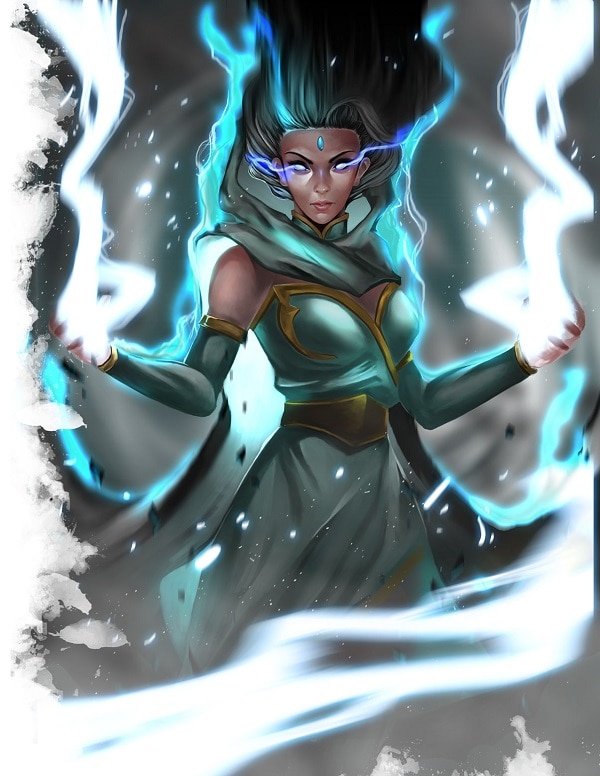
This class can go by many names: Psychic, Clairvoyant, Seer, or even Fortune Teller. Psionic is another popular name for this class. There are dozens of these homebrews out there, so picking one can be difficult.
I’ve narrowed it down to three that I think are worth the time to build a character around. The most popular is KibblesTasty’s Psion from GM Binder. But I am in love with the Oracle class from the wiki.
Pirate
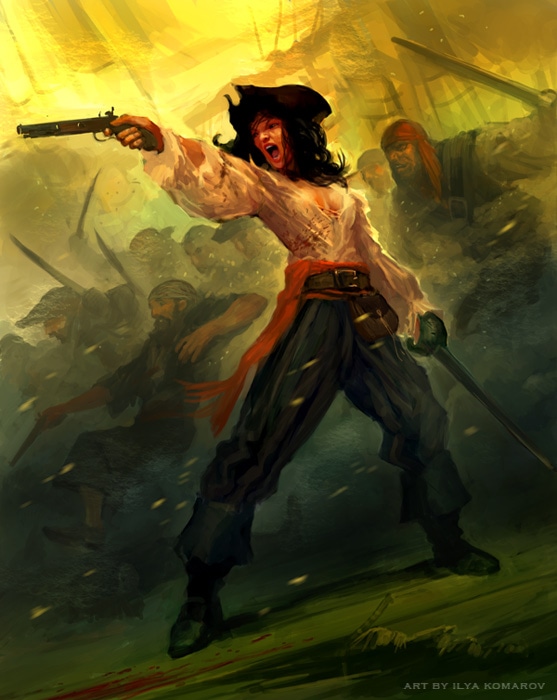
You can technically be a pirate with any class. In fact, Rogue has a subclass called Swashbuckler — a favorite of mine that is basically a pirate. However, having a class that is all pirate and no subclass is exciting.
Because you can be a pirate with any class, the options for homebrews are limited. I like the Wiki version a lot because it has so much depth and personality. The DMG version is great, and you likely won’t have any problems with your DM with it.
Nomad
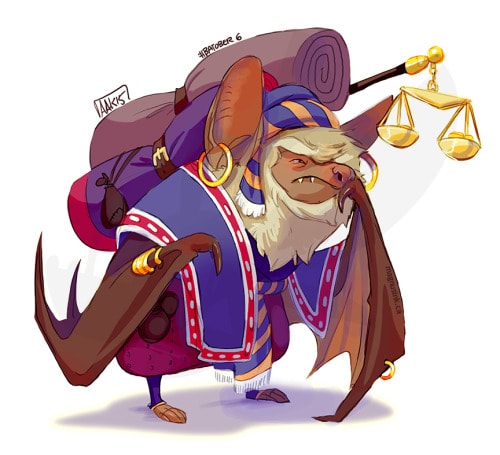
Nomads are some of my favorite types of people in gaming. All three of the versions I’ve listed are solid and really capture what a Nomad should be — a wanderer that you can’t help but like.
Each version is unique, though, so I recommend thoroughly reading them. The one you choose all depends on how magical, grounded, or whimsical you want your character to be.
Dancer
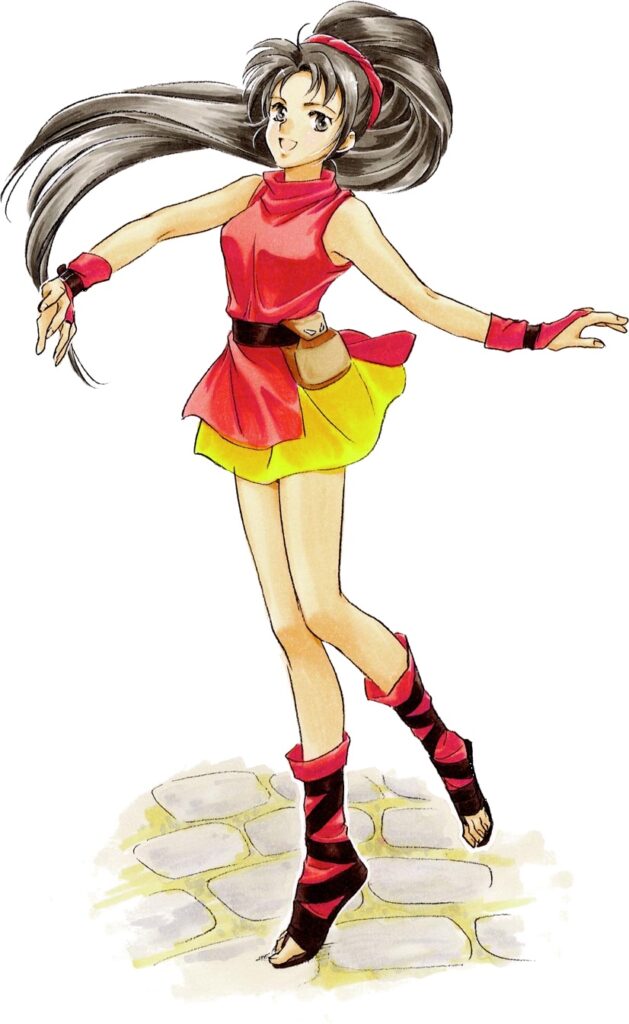
There are a lot of dancer classes out there, and I love most of them. However, my favorite is the DMG version because there are multiple subclasses. This means you get to choose your own path.
So, if you want to be more Bard-like, you can choose a performance-based subclass. But if you want a martial subclass, then you can choose one that makes you formidable in combat.
Chronomancer
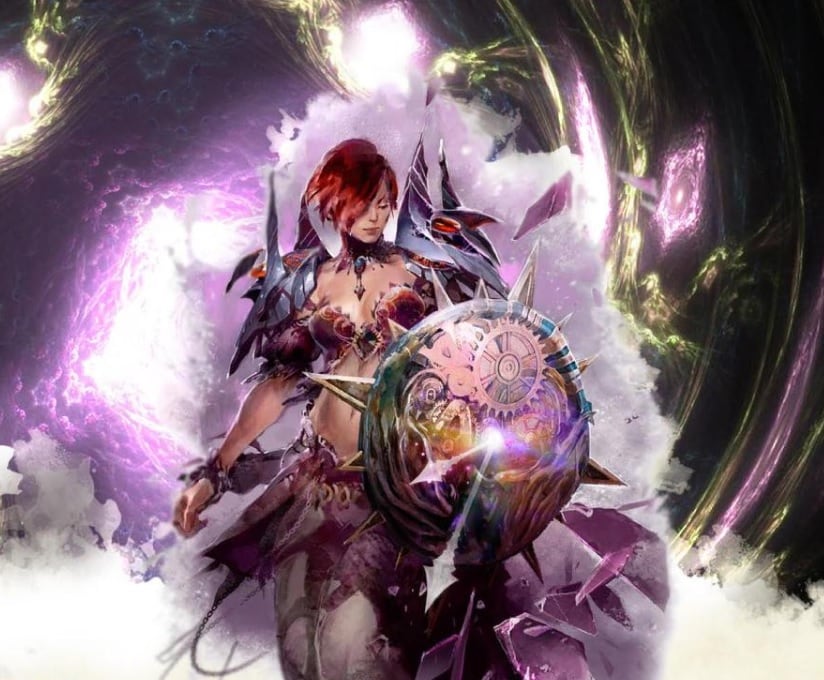
There are quite a few time-related classes in the Dungeons and Dragons homebrew world. But I only have two favorites. The D&D Beyond Chronomancer is a good launching place, but the Wiki version feels more complete.
Every D&D spell and every stat change makes sense for this version. If you want to “control time” in a way that doesn’t upset the DM, then there is no better class than the Chronomancer.
Unique Picks
These are my wildcard picks that are unlike any other classes that I’ve seen. While other classes fall under a greater category, these are all their own.
Empiric
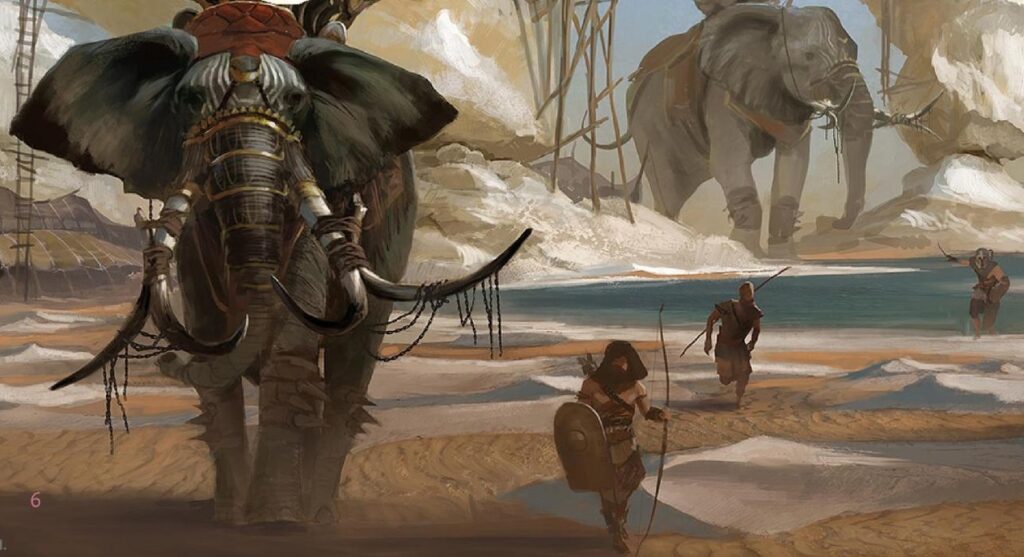
The Empiric is a homebrew class shared on Tumblr by a talented DM. The class revolves around healing allies without magic while also being adept at defending oneself. The class is a medic.
At the 20th-level, the Empiric can revive allies by doing a non-magical CPR of sorts. You must use medicine, which is an integral part of the class and how it operates.
Nightmare
If you like to find the darkest class you can and Warlock isn’t cutting it anymore, Nightmare may be your next class. While the class’s alignment may seem obvious, it would be fun to see what someone who chooses a Good alignment does with it.
The Nightmare has a dark power that it gained from a specified source. That source is up to the player, so you can really come up with a great background. As someone who is drawn to Aasimar and Celestials, I could make this class unique.
Apocalypto
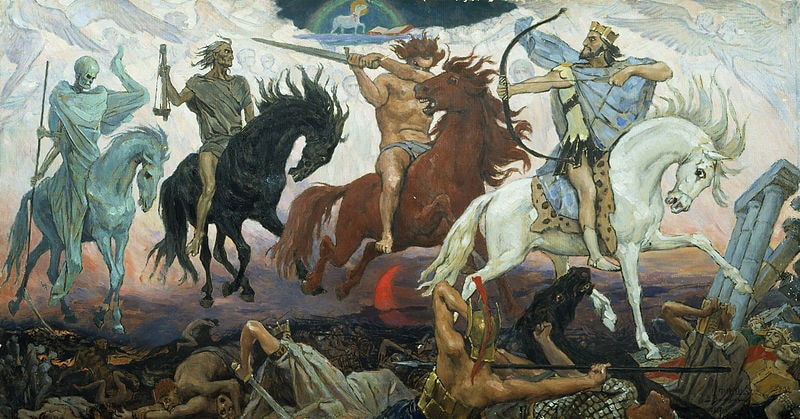
This is not the type of class I would choose, but the concept is fantastic. If you choose this class, you act as a harbinger of the end of times. You get to select a subclass, which are the four horsemen of the apocalypse.
Since there are many depictions of these horsemen, you can choose one, follow the rules for it, and then create your own version. These horsemen represent dreadful traits, but can you turn that into something that adds value to your party?
D&D Beyond Favorites
Since D&D Beyond has now been acquired by Wizards of the Coast, some of the classes from the site may soon become canon. I’m going to list some of the most popular subclasses with a few of my favorites thrown in.
Blood Hunter
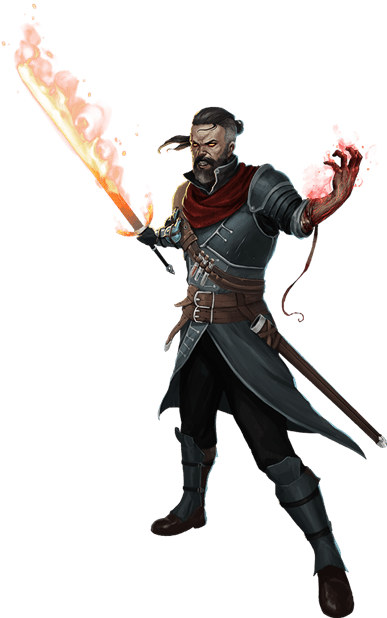
Matt Mercer’s Blood Hunter is the single most popular homebrew class to date. It has become such a big part of DnD campaigns that it is the only non-WotC class on the site. All of the other “classes” are subclasses.
Anime Swordsman
Anime Swordsman is the single most popular subclass on D&D Beyond. Considering the anime fanbase and the DnD fanbase overlap, this makes a lot of sense. After all, I would 100% play this class.
Garlic Bread Domain
Garlic bread is my favorite food. So when I saw this class, I absolutely had to learn more. It sounds lame as you’re a chef who only knows how to make garlic bread. But if your party has a good sense of humor, then give it a try.
The Raven Queen
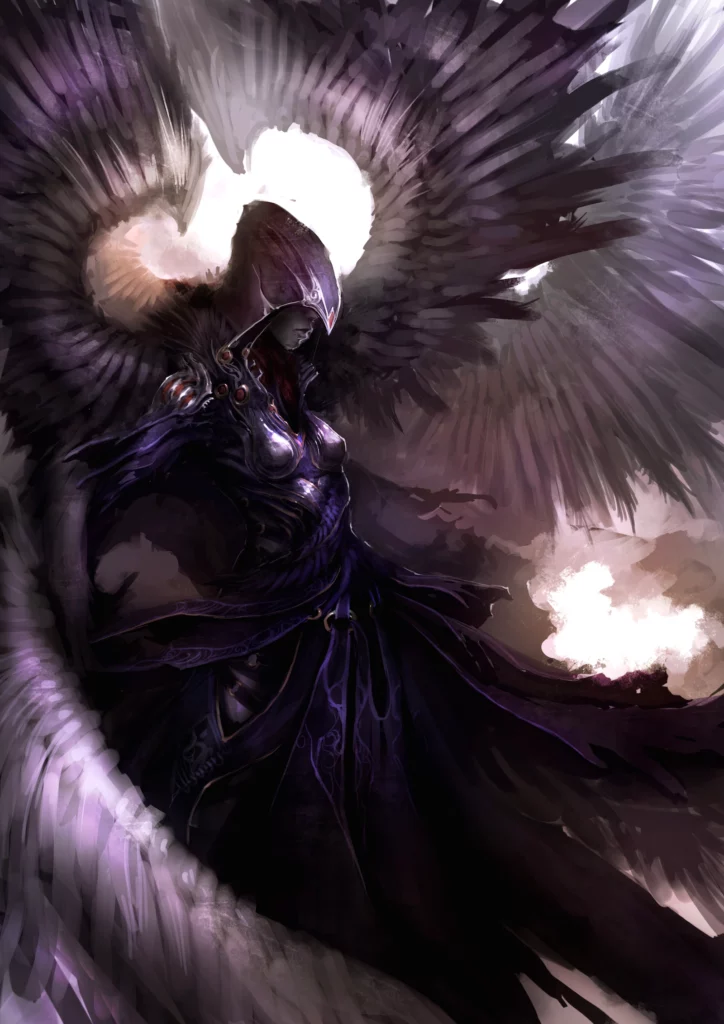
Ravens are cool, and so is this class. With this class, you can call upon ravens to aid you in battle. The class is so well written for a homebrew that anyone can appreciate it as art.
Dragonknight
The name Dragonknight immediately drew me in. With this class, you can choose to have the heart of a black, blue, green, red, or white dragon. From there, it only gets more hardcore.
My Original 5e DnD Homebrew Class Ideas
Most of the time, I finish what I start, but I am also so drawn to concepts that I will have a million ideas in my head that never see the light of day. These are my favorite original ideas.
The Kindred Spirit
One of my favorite classes I’ve ever played is the Heart Mage/Empath. It was so fun to work around emotions rather than magic or D&D weapons. Kindred Spirit is my own class that I’ve yet to complete.
The Kindred Spirit class is based on the idea that not only can you feel what others feel, but their alignment affects you. For example, you must find something positive to hold onto during battle, or else the darkness may paralyze you.
On the other hand, this class can have a significant impact on the emotions of others. Nearly anyone can feel what the Kindred Spirit feels since she wears it on her shoulder. This makes her easy to trust but also easy to read.
Sunbringer
The Sunbringer is based on Elspeth from Magic: The Gathering. She is my favorite Planeswalker and one I’ve always wanted to base a class on. In the Dungeons and Dragons world, the Sunbringer would get her power from the sun.
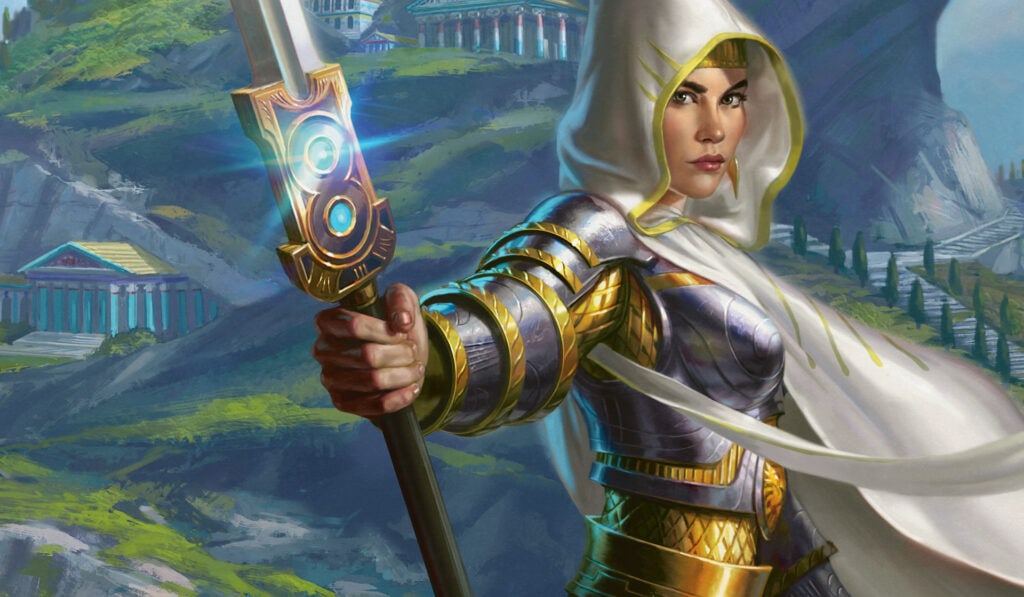
She would also have allies to call upon as she knows that there is power in numbers. Like Elspeth, the Sunbringer class has the ability to grant power boosts and temporary flight to others.
The Conflicted
The Conflicted is my most incomplete but interesting homebrew class. The Conflicted are heavily affected by their own actions. Their alignment is weighed in every moment, changing who they are and what they can do.
Inspired by Fable, the Conflicted will start to grow horns, and their eyes will glow red if they start doing bad things. If they start doing good things, then they will be granted a faint halo and glowing blue eyes.
The concept is that you start gaining and losing abilities as your alignment shifts. You are torn between two deities, and there’s a constant battle in your mind and soul.
How to Make Your Own Homebrew Class
Anyone can make a homebrew class and ask their DM to approve it. There are only a few steps to follow. This is my method for creating homebrew classes. Hopefully, it works for you too.
Find Inspiration
The first step in making a homebrew class is to find inspiration. This can be from another class, a TV character, or even just an image. Once you have this inspiration, there will be no stopping you.
Create a Tentative Background
I find that a simple background for a potential character can help me create a solid class. Whenever I imagine this character, it makes it easier to find out why they will have certain abilities and traits.
Bounce Off Existing Classes
Once you get started, you can use other classes as a reference. You don’t want to copy the stats of another class, but it’s a great way to ensure your class doesn’t need too much reworking.
Get Help With Balancing
It isn’t easy to balance a class on your own, even if you’ve been doing it for years. Get someone to help you, preferably your DM, so that there won’t be future problems with the class.
FAQs
Question: Can I Make a Homebrew for My D&D Campaign?
Answer: Probably. All you have to do is okay it with your DM and if they say they allow homebrews, then go ahead. Even if they turn yours down, they may be willing to help you tweak it.
Question: Does D&D Beyond Support Homebrew Classes?
Answer: Not exactly. D&D Beyond doesn’t allow players to make full classes. It will enable players to use other classes to create subclasses. Players typically ignore the base class and use the engine to create classes anyway.
Question: Are There Homebrew Races?
Answer: Yes. Homebrew races are even more common than homebrew classes because their effect on the game is little to nothing. You have racial traits, but everything else is the same.
Playing a Homebrew in Dungeons and Dragons
Playing a homebrew class in any version of Dungeons and Dragons is acceptable. But beware that the DM is free to make adjustments where they see necessary. I always prefer homebrews to the classic classes.
However, if you’re new to DnD, I suggest picking a base class. This is the easiest way to learn how to play the game correctly. That way, you can focus on my favorite part — roleplaying.
Related Homebrew Guides and Ideas:
- Augury 5e Guide – The Vaguest and Coolest Cleric Spell - September 5, 2022
- Roc 5e Guide – The Big, Dumb Bird You Don’t Want To See - September 5, 2022
- Best Drow Name Ideas – From Alvin to Sânziana - August 30, 2022

